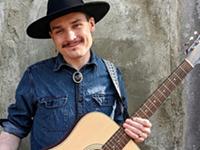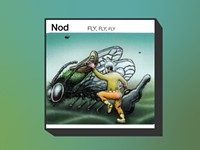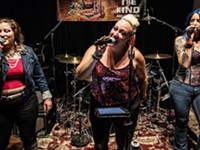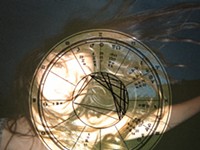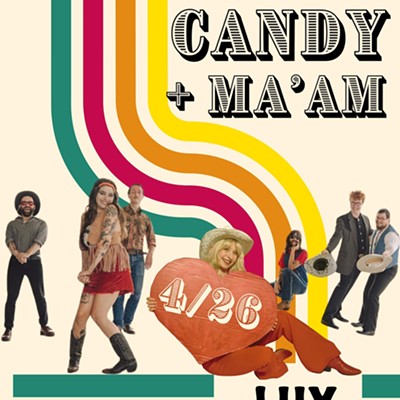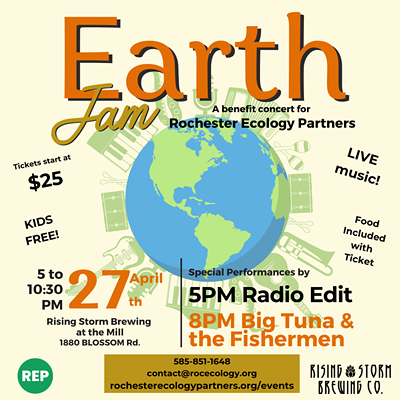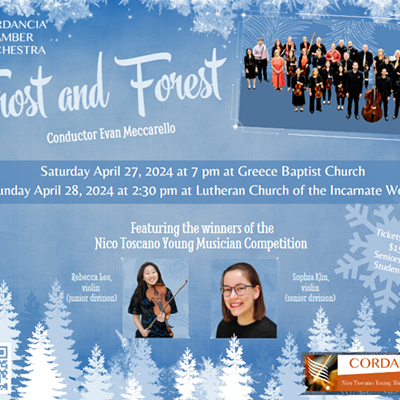[
{
"name": "500x250 Ad",
"insertPoint": "5",
"component": "15667920",
"parentWrapperClass": "",
"requiredCountToDisplay": "1"
}
]
It was one of the great moments of the 1960's. While helping out backstage at the Woodstock Festival, John Sebastian was asked to perform a song to stall for time. Midway through "Darling Be Home Soon," he was so taken with the half-million young people in front of him that he slipped out of the song's narrative, making one word plural: "Go — and beat your crazy heads against the sky...," he sang.
The euphoria of that moment came a year after Sebastian had left The Lovin' Spoonful, one of the top bands of the 1960's. With the Spoonful, he'd written and sung Top 10 hits like "Daydream," "Do You Believe In Magic," and "Nashville Cats." He'll be singing his classics and reminiscing about his life in music when he performs at Café Veritas on Saturday, December 7. We reached Sebastian recently by phone at his Woodstock home. An edited transcript of the interview follows.
CITY: Your father was a great classical harmonica player. How did that affect you?
John Sebastian: When you listen to somebody play an instrument for sometimes six, eight hours a day — that's what the demands on a classical virtuoso are — it does point you in a direction, if you have any inclination.
The other thing that was very important is, I understood that my father was the greatest virtuoso on his instrument in the world, but not necessarily a rich guy. Not necessarily successful in the common American measurement. And that music is to be done only if the joy is there. But then it becomes a very hard job.
After the Spoonful years, I would come across people who were very musically talented but because of their background they had no measuring stick for what musicians really do all day, or they thought the degree of success would be commensurate with their effort — a lot of things that are American values. All of a sudden, it ain't necessarily so.
Your mother wrote radio shows. What was she like?
It was like having baby Tina Fey in radio: transgressive humor right on the edge of acceptability, but very funny. As time went on she evolved as a writer until she was writing about a Renaissance woman and doing research in the Laurentian library.
You grew up in Greenwich Village. What was it like when you walked into Washington Square in the early 1960's?
It would be full of people surrounding the fountain. People would gather in vaguely musical groups to play together. There would be a bluegrass neighborhood on one side and then all the guys who wished they were Lightnin' Hopkins, and then the guys with the matching shirts who were thinking about the Kingston Trio. There were doo-wop singers and old Italian guys with mandolins and guitars. As you would walk through you would get all these musical flavors.
Where did you gravitate?
I was with the Lightnin' Hopkins guys.
You were in the Even Dozen Jug Band with greats like Maria Muldaur, and the Mugwumps with Cass Elliot and Denny Doherty. Did you have any idea that all of you would be successful?
We were kind of following instructions. [Legendary producer] Paul Rothchild was pivotal in making this happen. I got back from a camp-counseling job when Stephen Grossman called and said, "Hey, we're in a jug band and you're the harmonica player." I said, "What's jug-band music?" Because I had been following Lightnin' Hopkins around.
I didn't get into it because of money or fame, I got into it because Paul Rothchild, said, hey, you'd be great in this. Then we'd go off and smoke a joint and talk about the possibilities. But we did play Carnegie Hall. When I told my dad the gigs we were getting he had this quizzical look on his face, like, What the hell?
It's not well known, but you played bass on Bob Dylan's "Bringing it All Back Home."
Bob and I had a nice friendship based on meeting in Gerde's Folk City basement and playing harmonicas together. Retrospectively, I think he might have been looking for the core of a rock & roll band that he would lead. Once I got the Spoonful going we were out on Long Island in a God-forsaken, unheated hotel that we were using as a rehearsal room. I got a call from Bob. [Dylan voice] "Hey, yeah, I was thinkin' maybe you could come out and play bass on a thing and we could think about a thing." I said, "You know, Bob, unfortunately, I've kinda committed to these three guys I'm working with to do a band." That put a crimp in our friendship.
In the mid-1960's The Lovin' Spoonful was compared to The Beatles. Was that intimidating?
Nah; that was delicious. At the time I thought, holy crap — two guys that both write this good — I'm out-classed! Eventually those kind of comparisons came from them when we played the Marquee Club in London. That night we had John Lennon, George, Ringo, Keith Moon, two members of the Yardbirds... Our road manager told us before we went on stage. We said, "Fuckin' don't tell us that!"
You wrote classics like "Darling Be Home Soon" and "Rain on the Roof." How personal were these songs?
I thought I was writing personally but I was really writing ideally. My relationship at the time wasn't particularly smooth. Life was kind of starting to jostle me around a little. But those kinds of things don't necessarily come from reality. That's a universally held misconception: you see the beautiful girl, you write the beautiful song. It's more the way Bruce Springsteen describes: "I'm pissed off at my dad, I'm pissed off at my girl, I'm writing all the songs, the audience is loving it. I find a great girl, I get married, I resolve problems with my father, I keep writing, people hate it."
In 1976, you had an out-of-nowhere No. 1 hit with "Welcome Back."
I was so wildly unpopular, Warner Brothers was trying to pretend I wasn't there. I had made the TV theme for "Welcome Back, Kotter" and people were calling from the mid-West saying, "I have to have this theme song!" And there was no record. So I went back in the studio and elongated it so it could be a record.
What was it like to play for a half-million people at the Woodstock Festival?
I had been playing for intimate audiences since the collapse of the Spoonful. Oddly enough, that was an intimate audience. Sometimes you get an audience of 300 people that's very hard to move, and sometimes you get an intimate audience that's huge.
Speaking of...
Latest in Music Features
More by Ron Netsky
-
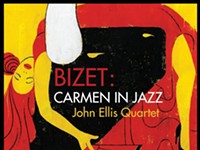
Album Review | 'Bizet: Carmen in Jazz'
Mar 26, 2024 -
'To Swing Is the Thing" by Mike Melito
Aug 10, 2023 - More »

